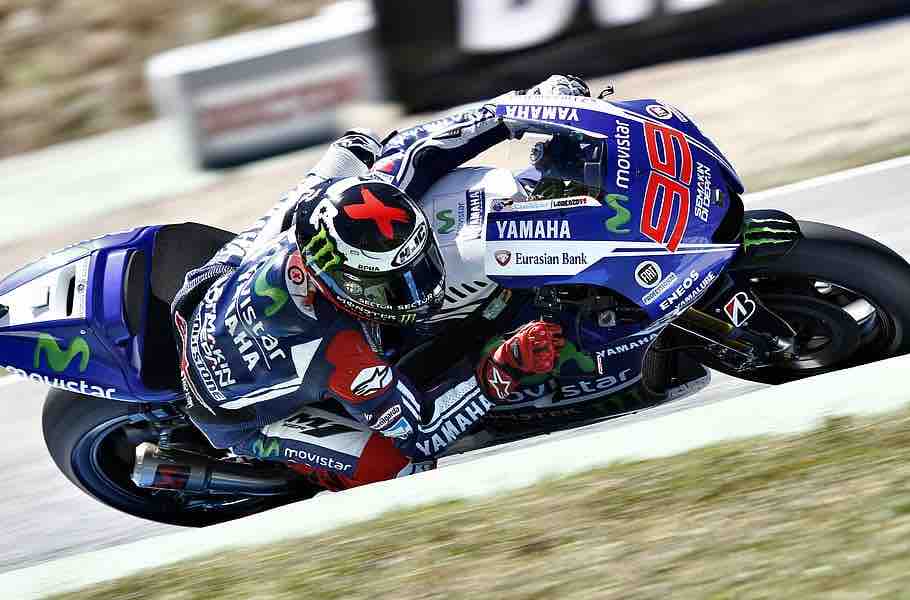The Isle of Man TT is run in a time-trial format on public roads closed to the public by an Act of Tynwald (the parliament of the Isle of Man). The event consists of one week of practice sessions followed by one week of racing.
It has been a tradition, perhaps started by racing competitors in the early 1920s, for spectators to tour the Snaefell Mountain Course on motorcycles during the Isle of Man TT on Mad Sunday, an informal and unofficial sanctioned event held on the Sunday between Practice Week and Race Week.
The first Isle of Man TT race was held on Tuesday 28 May 1907 and was called the International Auto-Cycle Tourist Trophy.
The event was organised by the Auto-Cycle Club over 10 laps of the Isle of Man St John’s Short Course of 15 miles 1,470 yards for road-legal ‘touring’ motorcycles with exhaust silencers, saddles, pedals and mudguards.
From 1911, the Isle of Man TT transferred to the much longer Snaefell Mountain Course of 37.40 miles (60.19 km) (current length 37.73 miles (60.72 km)). Its elevation goes from sea-level to 1,300 feet.[6] The race programme developed from a single race with two classes for the 1907 Isle of Man TT, expanding in 1911 to two individual races for the 350cc Junior TT motor-cycles and the Blue Riband event the 500cc Senior TT race.
The race did not take place from 1915 to 1919 due to the First World War. It resumed in 1920. A 250cc Lightweight TT race was added to the Isle of Man TT programme in 1922, followed by a Sidecar TT race in 1923.
There was no racing on the Isle of Man between 1940 and 1945 due to the Second World War. It recommenced with the Manx Grand Prix in 1946 and the Isle of Man TT in 1947, with a greatly expanded format that included the new Clubman’s TT races.
The Isle of Man TT became part of the FIM Motor-cycle Grand Prix World Championship (now MotoGP) as the British round of the World Motor-Cycling Championship during the period 1949–1976.
Following safety concerns with the Snaefell Mountain Course and problems over inadequate “start-money” for competitors, there was a boycott of the Isle of Man TT races from the early 1970s by many of the leading competitors, motorcycle manufacturers and national motorcycle sporting federations.
It is regarded as the most dangerous motorsport event in the world; The New York Times said in 2017 that the number of deaths had risen “to 146 since it was first run in 1907; if one includes fatal accidents occurring during the Manx Grand Prix … the figure rises above 250”.
An account of the 2003 race by Sports Illustrated writer Franz Lidz called the TT “a test of nerves and speed that may be sports’ most dangerous event.”
In 1976, the Isle of Man TT lost its world championship status; this was transferred to the United Kingdom by the FIM and run as the British Grand Prix for the 1977 season. The Isle of Man TT Races then became an integral part of the new style TT Formula 1, Formula 2 and Formula 3 World Championships between 1977 and 1990 to develop and maintain the international racing status of the Isle of Man TT races.
The event was redeveloped by the Isle of Man Department of Tourism as the Isle of Man TT Festival from 1989 onwards. This included new racing events for the new Isle of Man TT Festival programme, including the Pre-TT Classic Races in 1989 followed by the Post-TT Races from 1991, both held on the Billown Circuit.
In 2013, the Isle of Man Classic TT was developed by the Isle of Man Department of Economic Development and the Auto-Cycle Union for historic racing motorcycles, and along with the Manx Grand Prix now forms part of the ‘Isle of Man Festival of Motorcycling’ held in late August of each year.
There has been criticism of the event. In 2007, an incident during the Senior Race resulted in the deaths of a rider and two spectators.
The resultant inquest made several recommendations and included several comments, such as: ‘Senior Marshals may well have been elevated beyond the sphere of their competence’. The coroner also noted that “I am more than aware of the fact that the witnesses from the Manx Motor Cycle Club and the marshals are all volunteers.
They give their time freely and without paid reward. Having said that however, if it were suggested because they were volunteers there should be some allowance in the standards expected of them, then I regret I cannot agree.”
In 2018, a solo competitor was seriously injured during a head-on collision with an official Course Car being driven at high speed when conveying police officers to officiate at the scene of a fatality further along the course.
He was one of seven riders who had been halted on the course and turned back by marshals, being instructed to proceed back to the paddock area in the reverse-direction after the red flag stoppage.
The 2020 and 2021 TT races were cancelled because of the COVID-19 pandemic.
